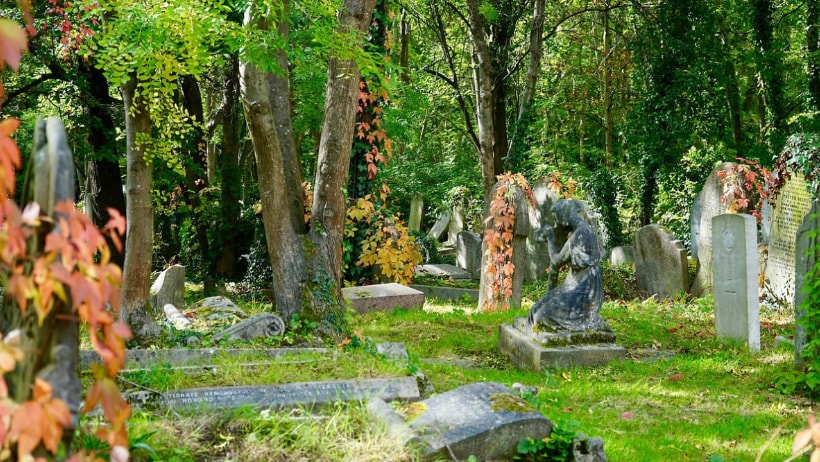As I’ve written about before, I love the way that Judaism tackles death. From the laws of mourning, to the laws of memorializing, there are so many beautiful ways in which we are bound by law and practice to celebrate and honor the memory of our loved ones. But those rituals are largely focused on what we do as mourners for people we cared for. What about people who we didn’t love, or who led less than upstanding lives?

While it’s somewhat easier to acknowledge that we are all created in the image of God, and thus we start out as equals at birth, it’s much more complicated to apply that same equality all the way through until death. However, the Torah has an answer for this too. Parshat Ki Teitzei, which we read this week, gives us a sense of how we should treat one another as human beings in a variety of situations. This portion of Torah contains in it more laws than any other single portion of Torah. In it we have laws that govern the fields, interactions with others, how we treat ourselves, returning lost items, signs of purity, merits involved in various acts, and a whole lot more.
Part of the text is based on the notion that we are all equal from birth through death, in war and in peace. Every human being has a value and a purpose. Even those who may not live their lives in the most honest and upstanding way are required, according to this week’s Torah portion, to have a quick and proper burial. Chapter 21, verse 23 states that even “A man who is guilty of a capital offense and is put to death, and you impale him on a stake, you must not let his corpse remain on the stake overnight, but must bury him the same day. For an impaled body is an affront to God.”
It’s gruesome, but even a murderer is due a proper burial and is to be treated with the same regard in death as any other body. (Not “anybody,” but literally “any body.”) That’s not to say there isn’t punishment in the living world for crimes committed, but in death we are to think always of the life lost, and the gift of life comes from God.
Our parshah is a subtle reminder that the universal equality that awaits us should be paralleled by a universal equality we afford others while we’re alive. Human life is valuable, and our bodies, divinely designed, are deserving of care and respect in their final moments on the earth. Even more so are they deserving of those things in life.



